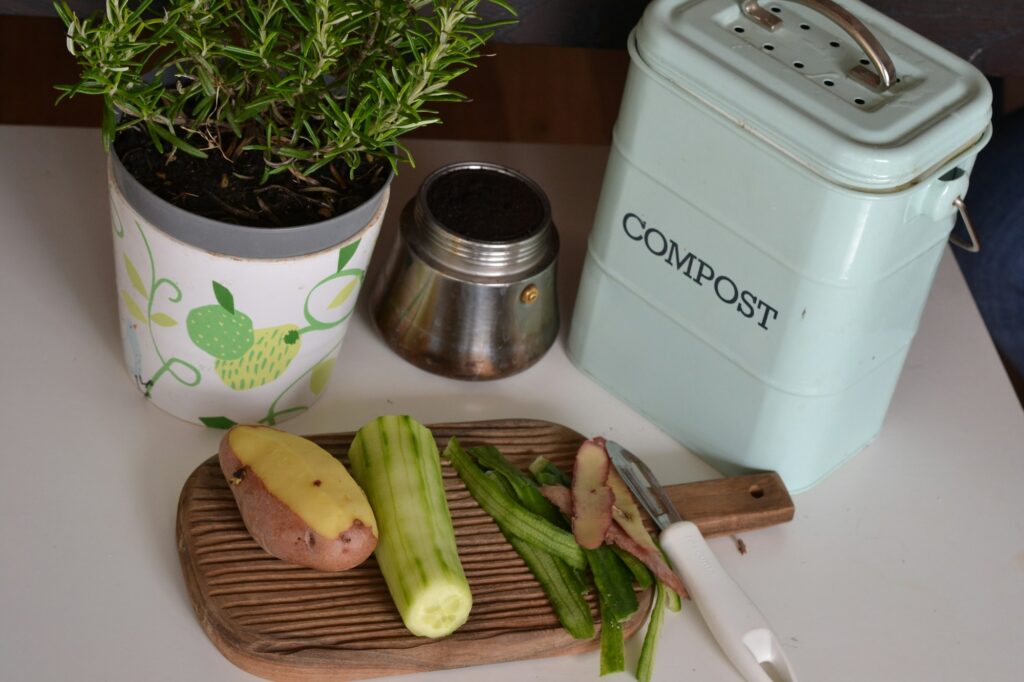Becoming an eco-friendly consumer means making deliberate and informed choices to reduce your negative impact on the environment. It involves conscious shopping habits, energy and resource conservation, and supporting sustainable practices. Whether new to eco-friendly consumerism or seeking additional ways to enhance your efforts, the following tips can guide your journey toward sustainability.
What is ‘Eco-Friendly?’
‘Eco-friendly’ refers to practices, products, and lifestyles designed to cause minimal harm to the environment. Being eco-friendly involves reducing waste, conserving resources, avoiding pollution, and choosing sustainable options whenever possible. This approach emphasizes sustainability, meaning meeting our current needs without compromising future generations’ ability to meet theirs. By adopting eco-friendly habits, individuals contribute positively to environmental conservation, improved public health, and a more sustainable economy.

Small Changes, Big Impact
Simple lifestyle adjustments can significantly reduce your environmental footprint. These foundational changes are easy to implement yet powerful in effect.
- Shop with Reusable Bags
Billions of plastic bags contribute to environmental degradation every year. Switching to reusable bags dramatically reduces plastic waste. Keep bags in your car, purse, or by your door to ensure they’re readily available whenever you shop. - Choose Energy Star Appliances
Energy Star-certified appliances operate efficiently, using less electricity and water than traditional models. While they might cost slightly more upfront, the savings on your monthly utility bills and the positive environmental impact make them well worth the investment. - Reduce, Reuse, Recycle
Implementing the 3 Rs—reducing waste, reusing products, and recycling materials—helps manage waste sustainably. Evaluate your purchases critically to avoid unnecessary items, find new purposes for old products, and recycle whenever possible. - Compost at Home
Approximately one-third of household waste can be composted. Composting kitchen scraps such as fruits, vegetables, and coffee grounds helps reduce landfill waste and produces nutrient-rich soil for gardening.

Two separate chambers allow one side to finish composting while leaving the other to add fresh waste.

Conscious Consumption Habits
Being mindful of what and how you consume can significantly diminish your environmental impact.
- Conserve Water Daily
Daily actions like fixing leaks, taking shorter showers, and turning off the faucet while brushing your teeth significantly conserve water. Consider installing water-saving fixtures for an even more significant impact. - Use Eco-Friendly Transportation
Reduce carbon emissions by opting for sustainable transportation methods such as walking, cycling, public transit, or carpooling. These practices reduce pollution, save fuel, and improve public health. - Support Renewable Energy
Transitioning your home to renewable energy sources such as solar or wind significantly reduces dependence on fossil fuels. Explore community solar programs or consider investing in solar panels. - Avoid Fast Fashion
Fast fashion contributes massively to pollution and waste. Instead, invest in high-quality clothing items made from sustainable fabrics. Supporting brands committed to ethical practices makes a substantial difference.

Mindful Shopping Practices
Your purchasing choices have tremendous power to drive sustainability.
- Purchase Sustainably Sourced Products
Look for certifications like Fair Trade, Organic, or sustainably harvested labels to ensure products are produced ethically and sustainably. These labels often indicate responsible sourcing and environmentally friendly practices. - Go Digital
Switching to digital billing, reading, and communication alternatives significantly reduces paper waste. Embracing digital habits is an easy way to help protect forests and reduce energy consumption from paper production. - Choose Local and Seasonal Foods
Purchasing local and seasonal foods minimizes the environmental costs of transporting goods long distances. It also supports local farmers and sustainable agricultural practices. - Opt for Non-Toxic Cleaners
Many conventional cleaning products contain harmful chemicals. Switching to natural, non-toxic alternatives protects waterways and reduces air pollution. Simple ingredients like vinegar, baking soda, and essential oils can effectively clean your home.


Sustainable Lifestyle Adjustments
Long-term sustainable living involves thoughtful adjustments and continuous improvements.
- Perform a Home Energy Audit
Conducting an energy audit identifies inefficiencies in your home, allowing you to implement targeted improvements. Improved insulation, sealing leaks, and upgrading to efficient appliances significantly reduce your home’s environmental impact. - Responsible E-Waste Disposal
Proper electronics disposal prevents harmful substances like mercury and lead from contaminating soil and water. To ensure responsible handling and recycling, utilize local e-waste recycling programs. - Advocate and Educate
Spread the message of sustainability. Educate friends and family on the benefits and simplicity of eco-friendly practices. Collective action amplifies your efforts, leading to substantial environmental improvements.

Addressing the Hypocrisy in Eco-Friendly Consumerism
Some argue eco-friendly consumerism is inherently contradictory. However, perfection is not the goal; instead, the aim is continuous progress. By making informed and mindful choices, consumers can significantly reduce environmental harm despite the inherent impacts of consumption.
Your Turn!
What does being an earth-friendly consumer mean to you? Share your experiences and thoughts below!
For tips to your inbox once a week and more exclusive content, subscribe today.





